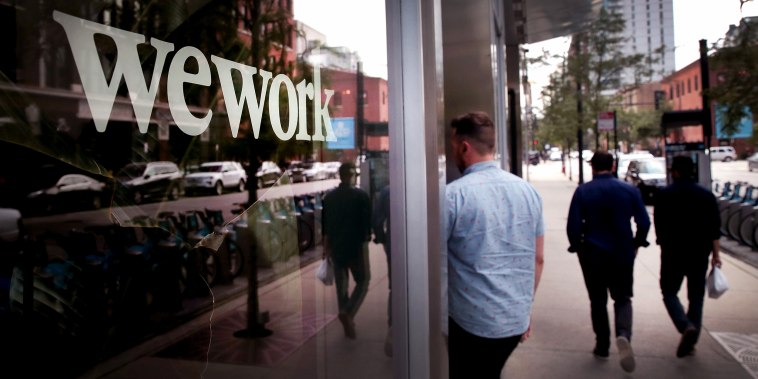WeWork, the office-sharing company once valued at $47 billion, has filed for bankruptcy protection. The move comes as the company struggles to stay afloat amid the COVID-19 pandemic and cash flow issues.
The company, which was founded in 2010, reimagined how people work by providing them with co-working spaces in prime locations. WeWork allowed business owners to have access to a flexible work environment without the financial and legal commitments associated with traditional office rentals.
The company initially received a lot of support from venture capitalists and saw quick success due to its unique offering. By 2019, WeWork had become a global presence, with multiple offices across 50 countries. The company was even able to secure a valuation of $47 billion and received a major investment from SoftBank.
However, the dream didn’t last for long. By 2019, WeWork had come under fire for its questionable financial practices and corporate governance. The company was forced to replace its CEO and suspend a planned IPO amidst controversies.
In 2020, the company felt the full force of the pandemic. As businesses shut down, the demand for offices dropped, and WeWork was unable to make the necessary savings. The cash flows issues have continued to mount, and the company has now had to file for bankruptcy protection.
The future of WeWork is uncertain. While the bankruptcy filing has allowed it to delay some of its debt payments, the company has to figure out how to stay afloat in the coming months. WeWork has already laid off thousands of workers and plans to shut down some locations, but it is unclear how long the company can continue to operate.
WeWork’s story illustrates the precarious nature of the modern business world. Despite rapid success, the company wasn’t able to sustain the momentum in the face of the pandemic, and it is now struggling to survive. The ongoing economic uncertainty is likely to have an impact on many other businesses in the near future.































